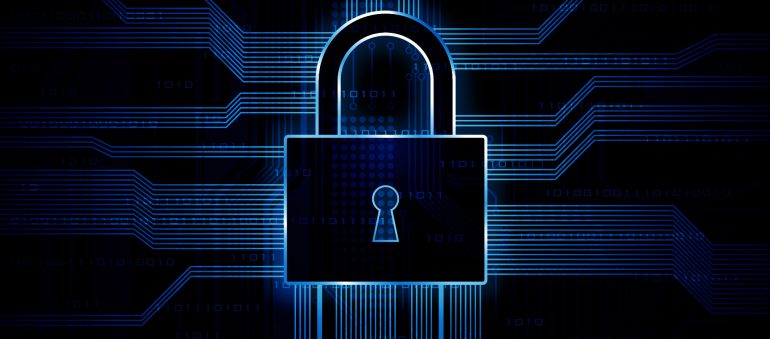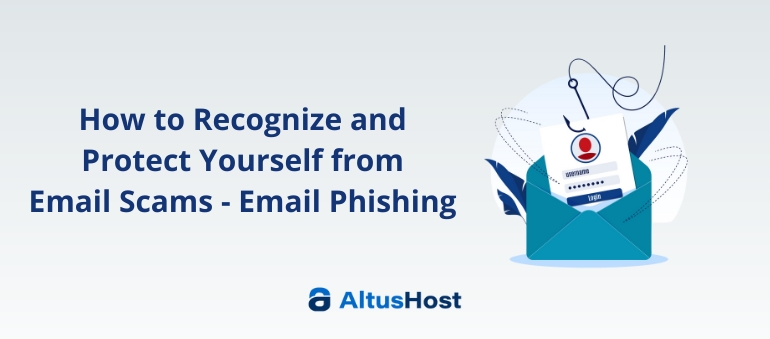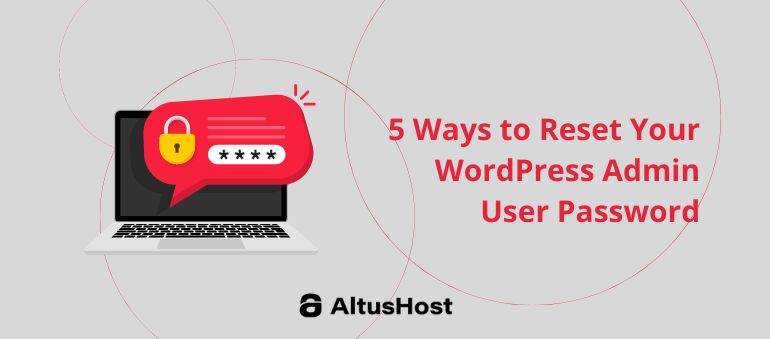Where there is money, there are thieves, too. At the moment, ecommerce is the “it” thing because it is a lucrative business. More and more people opt for buying online instead of shopping at a brick and mortar store. This rush is exactly what is making ecommerce popular with the shoppers. However, it is also popular with hackers and frauds. The storage of credit card data is especially convenient for conducting frauds and scams. For that reason, people could become reluctant to shop online. Therefore, making your website secure is essential for keeping the trust of your customers.
With that in mind, here are a few security requirements you need to implement to your ecommerce website. These would help you build credibility and maintain a solid customer base.
Pick the Right Platform
The platform would be the basis of your business. This is where it all starts. Therefore, going with the most secure platform is key. Luckily for you, there are several to choose from, like Magento or Shopify, which are among the best. Also, the platform can be hosted or self-hosted, depending on the type. If you choose the self-hosted type, you should find a web host that would service your store and maintain it for you. Go with someone that can be trusted and who is highly professional.
Furthermore, when deciding which platform to go with, make sure you get everything out of it. For instance, check if you can change the design to suit your brand, and if it would look pleasing to customers. Additionally, make sure that the platform has all the features you want to employ for your store, and that it functions without any glitches and bugs.
Have Your Website Monitored Regularly
Hacks can occur out of nowhere, and sometimes, it could take you hours or even days to notice them. That is why you should have regular, daily security checks. You can even have real-time checks, which would allow you to follow the behaviour of the visitors and quickly pinpoint suspicious movements.
In addition to regular control, your website should also have several layers of security. Have your hosting provider add layers like search queries, firewalls, and contact forms. Plus, demand from the customers to create strong passwords, which are tougher to crack. However, just in case a hack occurs, you should create a crash plan for the website. This would allow you to quickly recover and go back online.
Lastly, you could put the website through extensive testing, such as seeing how easy it is to break the code and hack the site. Also, finding vulnerabilities is a good idea, too. Knowing where you lack security could save you from a lot of trouble.
Don’t Store Sensitive Customer Data
Sensitive data is what hackers aim for. All the credit card numbers, CVV2 numbers, and other related information are at risk of being exposed and used for stealing from numerous bank accounts. Obviously, there is no need to put your customers through this. So, abstain from keeping all this data on your servers. First of all, it would be risky. Secondly, it would be against the law and PCI standards.
Use SSL and Comply to PCI
Speaking of PCI (Payment Card Industry), you must always be in compliance with the set standards. If you get breached, you would be marked as someone who does business recklessly by putting your customers in danger of being robbed. These security standards were specially made for merchant businesses that work with sensitive credit card information. Therefore, if your ecommerce website violates these rules, the customers have every right to report you, which could lead to hefty fines.
On top of that, make sure you also use SSL (Secure Sockets Layer) authentication during the communication process between your site and the customer. This would ensure that the data being shared is secure and protected. For instance, by using the SSL certificates, your site would be labelled as secure, with the green address bar and an SSL security seal. These details let your visitors know that the site is safe and legit.
Clearly, there are many risks when it comes to online shopping and sharing private information. Your visitors risk being robbed, or even having their identity stolen. In order to stop this from happening, your ecommerce website has to be an impenetrable fortress. Just remember that you are doing this for both your sake and your customer’s sake, as well.
The author is highly qualified and writes blog posts weekly.




